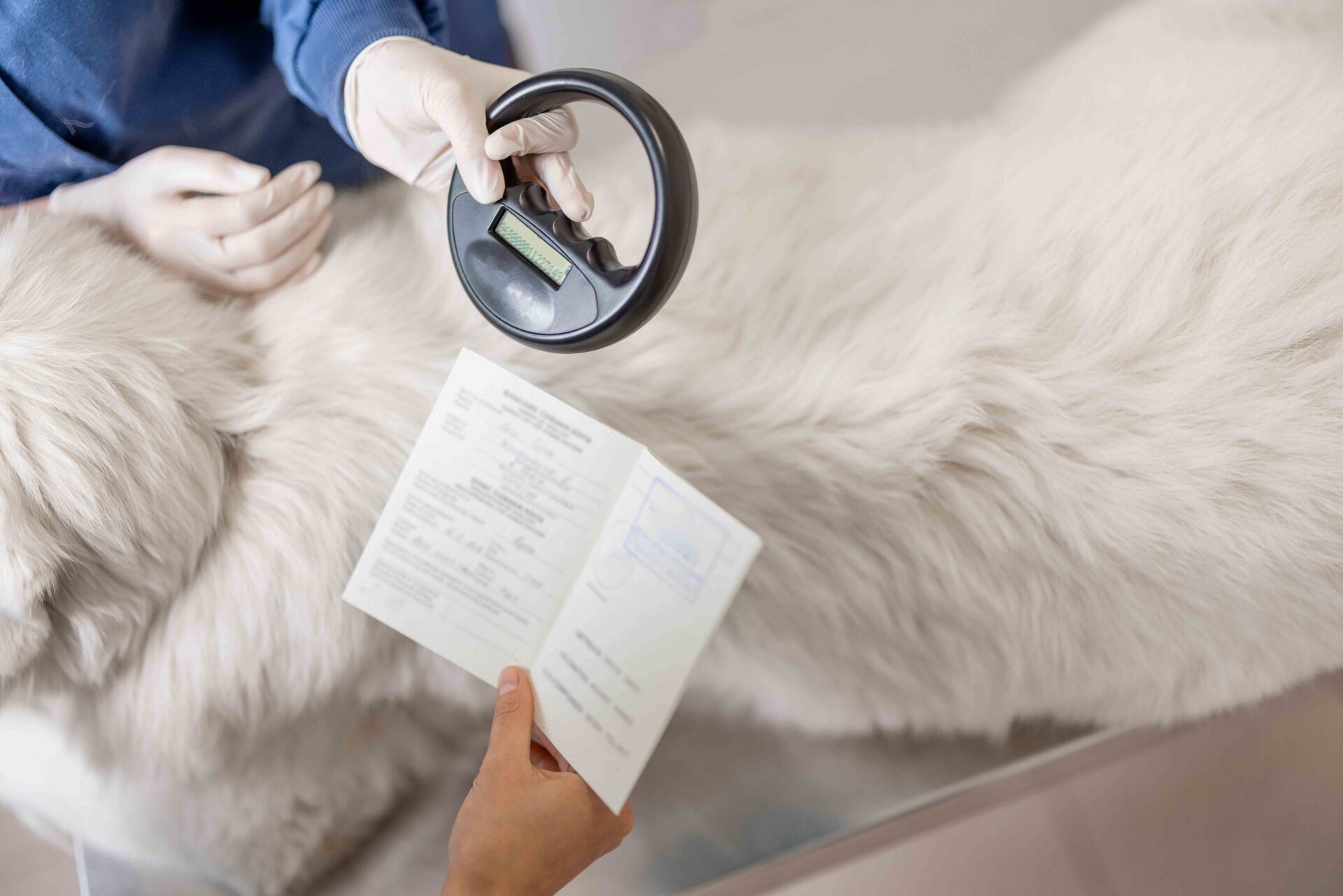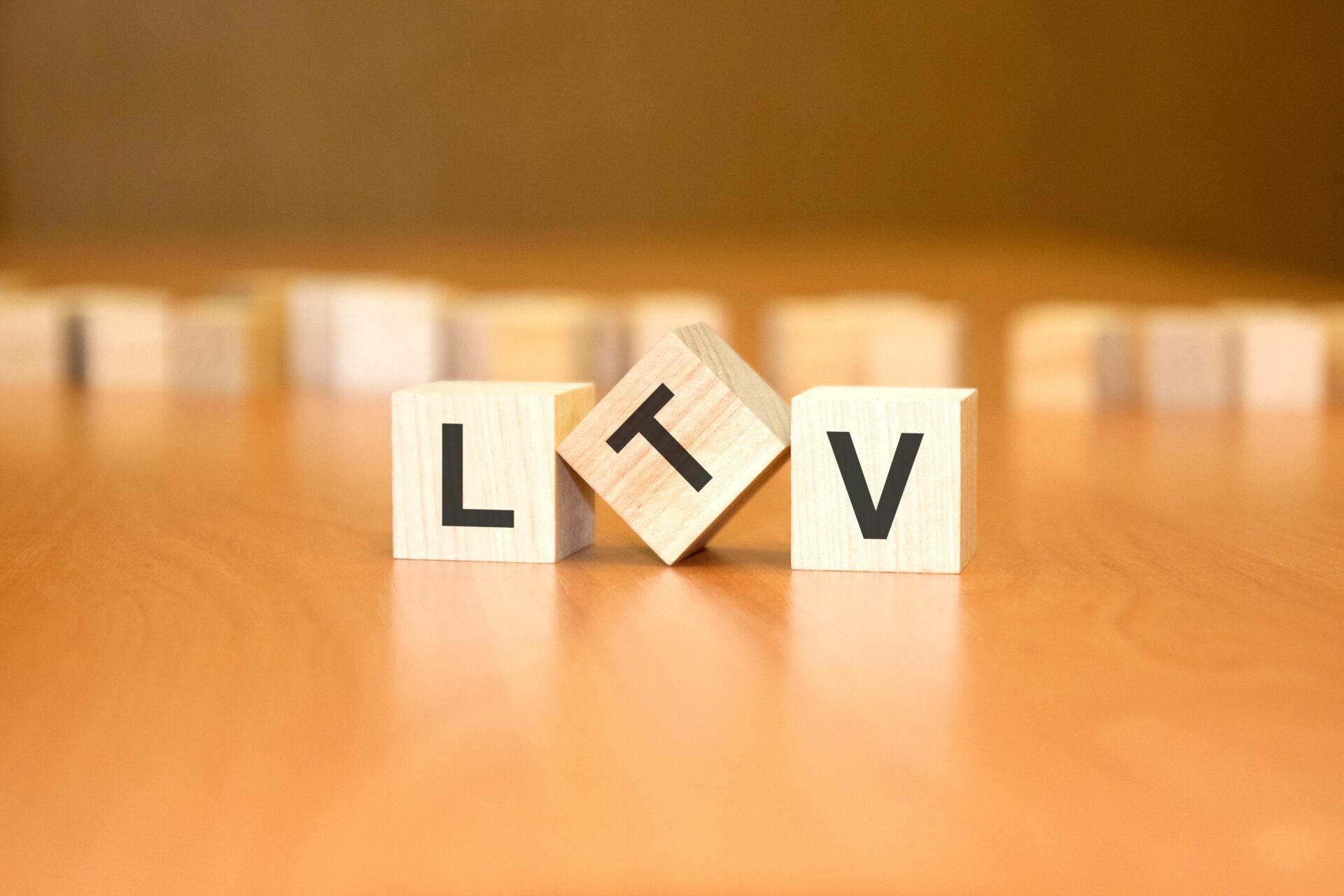Starting January 10, 2026, pet owners in Bangkok must comply with new regulations regarding pet registration, aimed at organizing the keeping of dogs and cats to ensure safety for people, animals, and the community. Many may wonder where to register pets, what the process involves, and what penalties exist for non-compliance. This guide explains everything you need to know to follow the rules correctly.
New Bangkok Regulations for Pet Ownership
The newly enacted Bangkok Animal Control Ordinance regulates the keeping and releasing of animals within the city. Key points include:
-
Limit on number of pets per household: Determined by the size of your home or property.
-
Mandatory microchipping and registration: Pet owners must microchip their animals and register them within 120 days of birth.
-
Enforcement starts: January 10, 2026.
-
Penalty for non-compliance: Up to 25,000 THB.
Number of pets allowed per property type:
Condominiums
Houses
-
Land ≤ 20 sq.wah: 2 pets
-
Land 20–50 sq.wah: 3 pets
-
Land 50–100 sq.wah: 4 pets
-
Land > 100 sq.wah: Up to 6 pets
Owners who currently exceed these limits before the ordinance takes effect (January 10, 2026) must report to the district office within 90 days (by April 9, 2026).
Other important rules:
-
Aggressive dog breeds or dogs with a history of biting (e.g., Pit Bulls, Rottweilers) must wear a muzzle and be on a strong leash at all times.
-
Individuals under 15 or over 65 years old cannot take certain dogs outside.
-
Pets must be leashed, caged, or otherwise safely restrained when outside, and owners must clean up after them. Pet ID cards must be presented upon request by authorities.
Steps for Pet Registration in Bangkok
Registering pets is simple. Follow these steps:
-
Prepare required documents:
-
Rabies vaccination certificate
-
Microchip certificate (free services available at 8 Bangkok municipal veterinary clinics):
-
Disease Control Group, Mit Maitri Rd., Din Daeng – Tel. 02-248-7417
-
BMA Veterinary Clinic 1, Si Phraya, Bang Rak – Tel. 02-236-4055 ext. 213
-
BMA Veterinary Clinic 2, Minburi – Tel. 02-914-5822
-
BMA Veterinary Clinic 3, Wat That Thong, Watthana – Tel. 02-392-9278
-
BMA Veterinary Clinic 4, Bang Khen, Chatuchak – Tel. 02-579-1342
-
BMA Veterinary Clinic 5, Wat Hong Rattanaram, Bangkok Yai – Tel. 02-472-5895 ext. 109
-
BMA Veterinary Clinic 6, Chong Nuchnet, Chom Thong – Tel. 02-476-6493 ext. 1104
-
BMA Veterinary Clinic 7, Bangkok Noi – Tel. 02-411-2432
-
Spay/neuter certificate (if available)
-
Pet owner’s ID card
-
House registration of the pet’s residence
-
Landlord consent letter (if renting)
-
Power of attorney (if someone else registers on your behalf)
-
Submit registration application:
-
Receive pet registration certificate:
Frequently Asked Questions
Q: What happens if I don’t register my pet?
A: Violators can be fined up to 25,000 THB. Enforcement begins January 10, 2026.
Q: Where can I register my pet?
A: At the local district office or Bangkok municipal veterinary clinics that provide free microchipping, vaccinations, and spaying/neutering.
Q: Do I have to register only dogs and cats?
A: The ordinance mainly targets dogs and cats, but some other species may also have limits based on space and number.
Living Harmoniously with Pets
Pet registration in Bangkok not only ensures legal compliance but also promotes safe and responsible pet ownership. Proper microchipping, documentation, and registration help prevent future problems and ensure pets are well cared for.
For pet-friendly and practical living spaces, consider Grand Morgen Privacy (Pran Nok–Sai 1) in Thonburi area, designed for families of all sizes with spacious layouts that allow pets to roam freely while providing privacy and comfort.
For project visits or more information, call 02-295-3397-8.
References:
-
Bangkok Metropolitan Administration. Clarifying the New Animal Control Ordinance: Organizing Pet Ownership and Preventing Stray Animals & Diseases. Accessed September 8, 2025. https://pr-bangkok.com/?p=486402
-
Khaosod. Steps to Register Dogs and Cats, Free Microchipping, and Required Documents. Accessed September 8, 2025. https://www.khaosod.co.th/breaking-news/news_9904609






